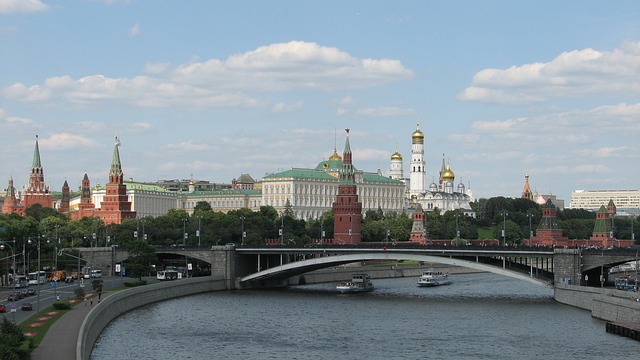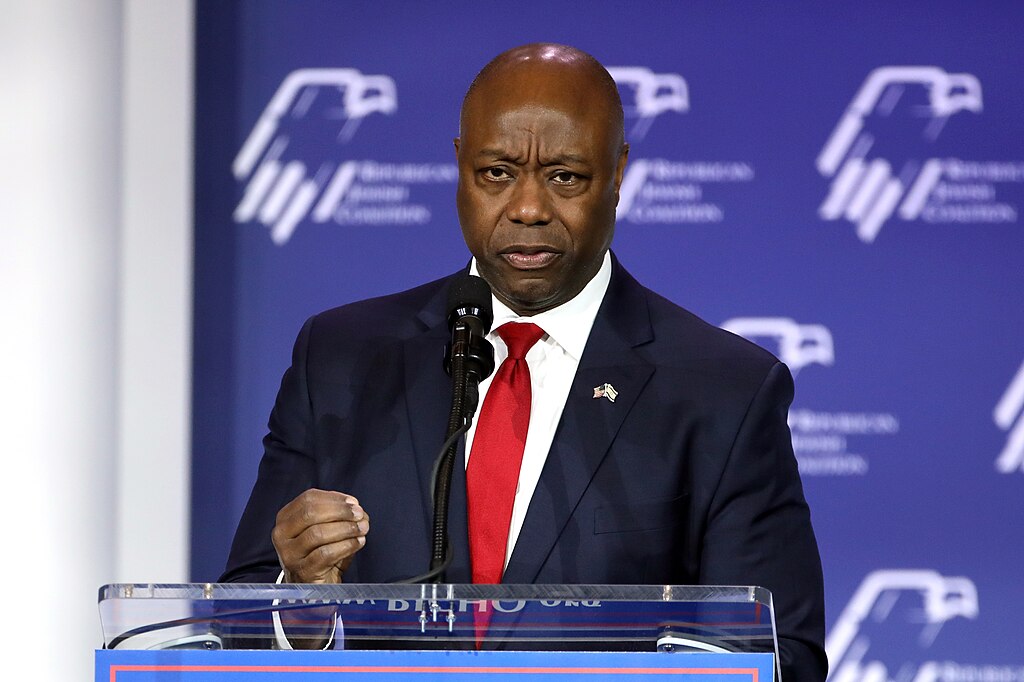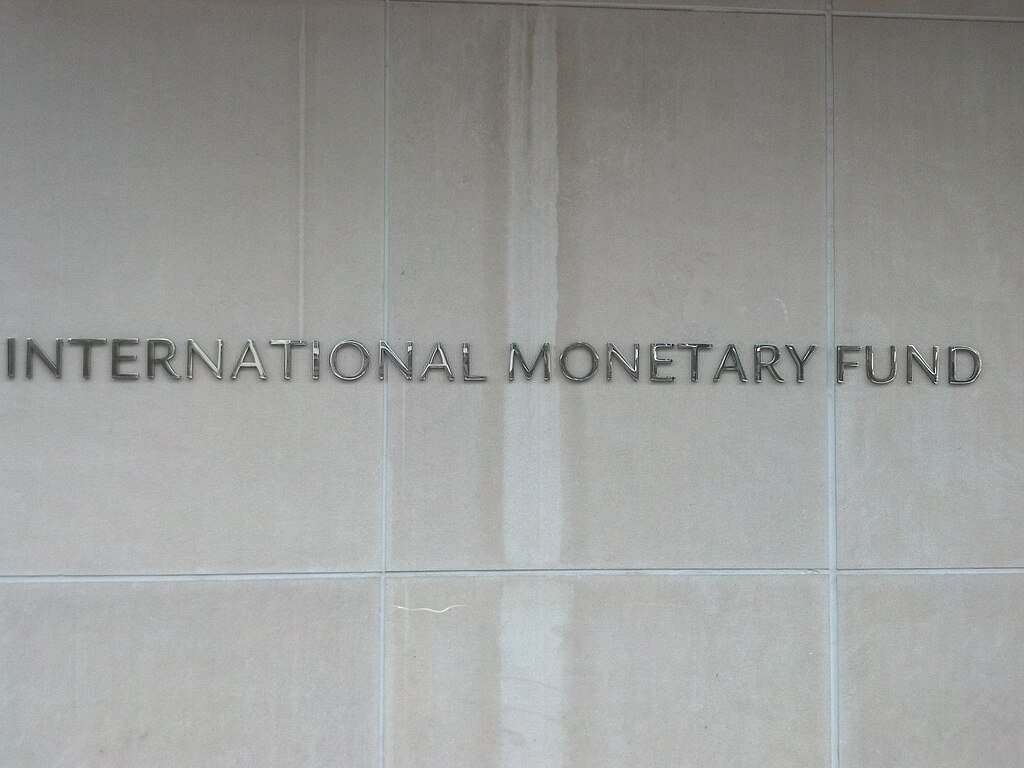The debate on the ban of cryptocurrencies in Russia has once again come to the forefront with the central bank saying that it supports the idea to put a ban on this emerging asset class.
Last week, the Bank of Russia told state-operated news agency RIA that cryptocurrencies carry “significant risks”, including their potential to be used for money laundering and terrorism financing activities as well as sharp exchange rate fluctuations.
“In our opinion, private cryptocurrencies cannot be equated with fiat money and cannot be legal tender. If it is decided to ban cryptocurrencies as a means of payment at the legislative level, we consider it appropriate to support this position,” the central bank added.
The legal status of smart contracts, cryptocurrencies, initial coin offerings (ICOs), mining in the country is uncertain. In a bid to introduce crypto regulation, three bills were submitted to the State Duma last year. However, only two of these have been adopted so far – one related to digital rights and the other on raising funds using investment (crowdfunding) platforms, RIA reported.
Last month, reports suggested that the Russian Ministry of Internal Affairs was seeking to create legislation allowing authorities to force cybercriminals to give up stolen assets. The department has mandated the proposal on these lines to be completed by Dec. 2021.
Also, while a number of central banks around the world are increasingly looking into the possibility of issuing central bank digital currency (CBDC), the Bank of Russia sees no obvious reason to launch one. Elvira Nabiullina, chairwoman of the central bank, said (translated online from TASS):
“As Russia’s Central Bank, we have been studying this topic and the need to issue a national cryptocurrency is not obvious for us. Not only for technological reasons, but also because it is (difficult) to really estimate what advantages will the national digital currency give, for example, in comparison with existing electronic non-cash payments. There are many risks, and the advantages may not be obvious enough.”

























Comment 0